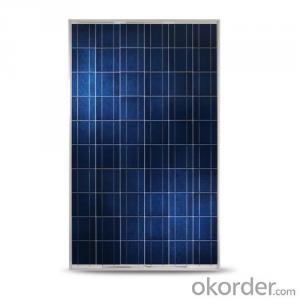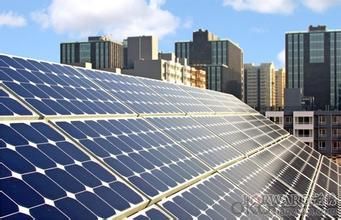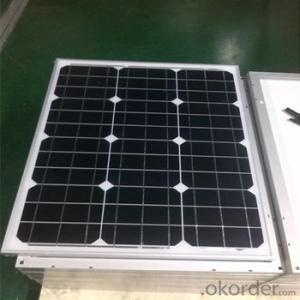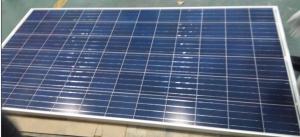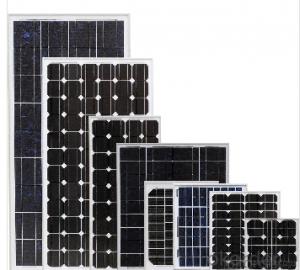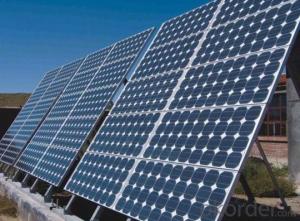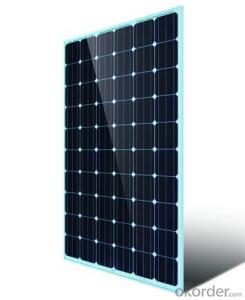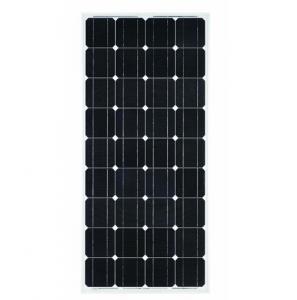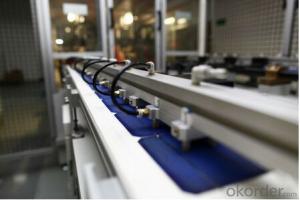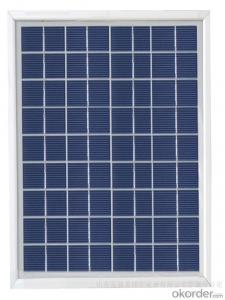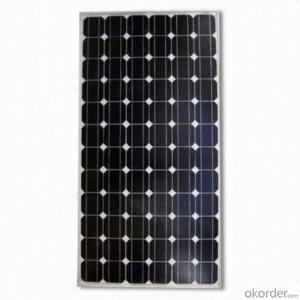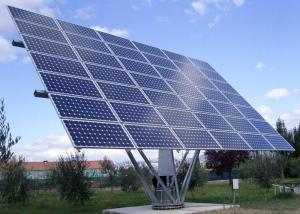White House Solar Panels:240w/245w Solar Panel with TUV IEC MCS CEC IDCOL SONCAP Certificates
- Loading Port:
- Shanghai
- Payment Terms:
- TT OR LC
- Min Order Qty:
- 1000 watt
- Supply Capability:
- 100000000 watt/month
OKorder Service Pledge
OKorder Financial Service
You Might Also Like
- TUV IEC, MCS (UK), CE, CEC (Australia), INMETRO, IDCOL, SONCAP CERTIFIED
- [EU ANTIDUMPING DUTY-FREE]
- PROFESSIONAL SOLAR PANEL MANUFACTURER SINCE 2004
FEATURES
`Long Service Life
`High Efficency Solar Cells
`Special Aluminum Frame Design
`High Transmission,Low Iron Tempered Glass - TUV IEC, MCS (UK), CE, CEC (Australia), INMETRO, IDCOL, SONCAP CERTIFIED
- [EU ANTIDUMPING DUTY-FREE]
- PROFESSIONAL SOLAR PANEL MANUFACTURER SINCE 2004
FEATURES
`Long Service Life
`High Efficency Solar Cells
`Special Aluminum Frame Design
`High Transmission,Low Iron Tempered Glass
`Advanced Cell Encapsulation
APPLICATIONS
`Solar power stations
`Rural electrification, Small home power systems
`Power supply for traffic, security, gas industry
`12V and 24V battery charging system
`Other industrial and commercial applications
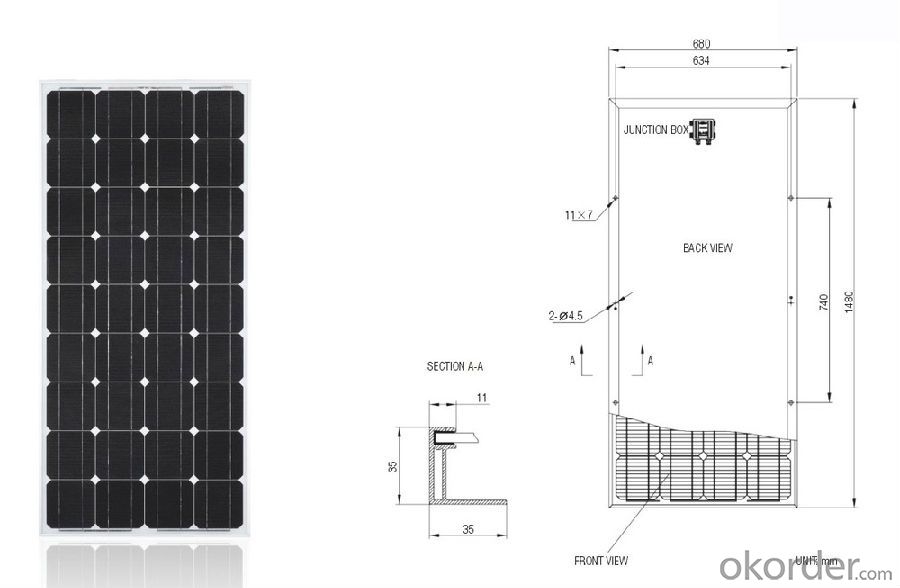
| ELECTRICAL CHARACTERISTICS | |||||||
| Model Number | KM(P)230 | KM(P)235 | KM(P)240 | KM(P)245 | KM(P)250 | ||
| Maximum Power as per STC | Pmax(W) | 230 | 235 | 240 | 245 | 250 | |
| Power Tolerance | % | ±3% | |||||
| Maximum Power Voltage | Vm(V) | 30.48 | 30.6 | 30.66 | 30.98 | 31.29 | |
| Maximum Power Current | Im(A) | 7.6 | 7.68 | 7.83 | 7.91 | 7.99 | |
| Open Circuit Voltage | Voc(V) | 36.6 | 36.72 | 36.84 | 37.38 | 37.5 | |
| Short Circuit Current | Isc(A) | 8.17 | 8.23 | 8.32 | 8.42 | 8.5 | |
| Maximum System Voltage | VDC | 1000 | |||||
| Cell Efficiency | % | 15.8 | 16.1 | 16.4 | 16.8 | 17.1 | |
| Module Efficiency | % | 14.1 | 14.4 | 14.7 | 15.0 | 15.3 | |
| Cells per Module | Pcs | 60 | |||||
| Cell Type | Polycrystalline silicon | ||||||
| Cell Size | mm | 156 x 156 | |||||
| Bypass Diodes | Pcs | 12Amp, 6 pcs | |||||
| Max. Series Fuse Rating | A | 15A | |||||
| Temperature coefficient of Isc | %/°C | 0.05 | |||||
| Temperature coefficient of Voc | %/°C | -0.35 | |||||
| Temperature coefficient of power | %/°C | -0.47 | |||||
| NOCT- Nominal operating cell temperature | °C | 47 ± 2 | |||||
| Operating Temperature | °C | -40 ~ +85 | |||||
| MECHANICAL CHARACTERISTICS | |||||||
| Dimensions | mm | 1650 x 990 x 50 | |||||
| Weight | Kg | 19.8 | |||||
| Type of Junction Box | TUV certified, IP65 | ||||||
| Cable Type, Diameter | TUV certified, 4mm2, 90 cm in length | ||||||
| Connector | compatible to Type 4 (MC4) | ||||||
| Tempered Glass | 3.2 mm, high transmission, low iron | ||||||
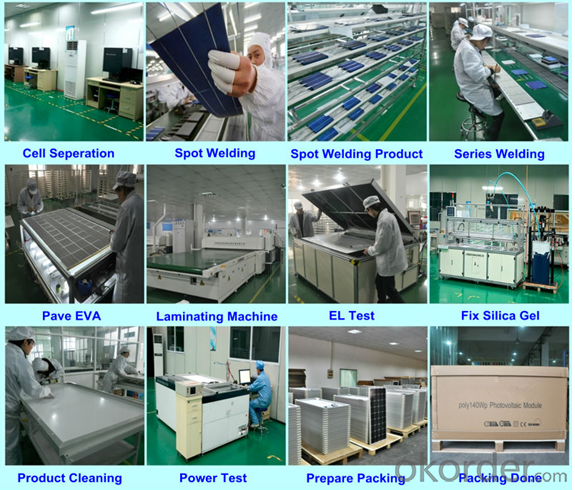 Packing
Packing
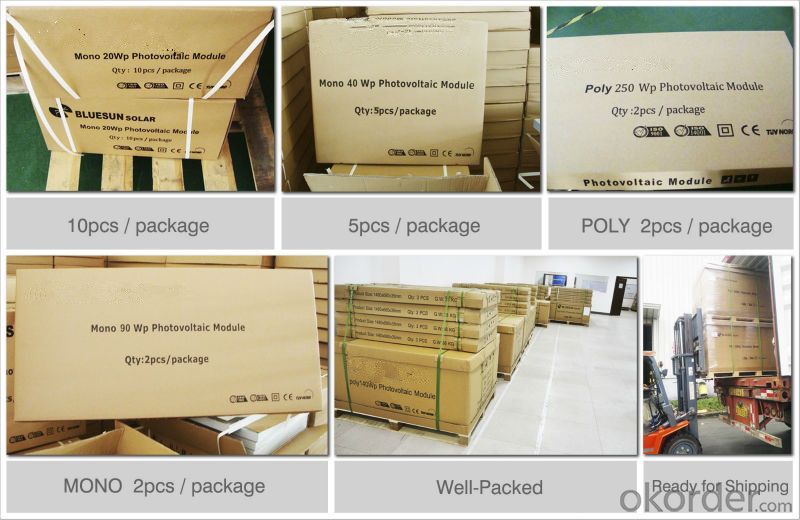
FAQ
1. What kind of Solar Cells does it have
---poly crystalline 156*156mm and 125*125mm or mono 125*125mm and 156*156mm
2. Is the front panel Glass or Plastic
---Tempered glass 3.2mm thickness or adjust to what you need, Light transmittance up to 95%.
3. Does it meet Europe Standards for Solar Energy
---This is TUV approval products, all the producing procedure apply TUV&UL.
4. What is the Efficiency level
--- Between 16-18.9% for solar cells.
5. What is the Nominal Voltage
--- 18v 20v 24v 36v 30v 48v , and so on, we can adjust to what you need.
6. What is the Warranty Period, How many years?
Power efficiency warranty:
---90% in 10 years; 80% in 25 years.
- Q: solar energy
- Himin solar pay more attention to the products quality, we would like to talk more about the quality characteristic of solar module,The credibility of the supplier and the quality of raw material are very important. Himin choose top material to make our solar panels.
- Q: Can solar panels be used to power a theme park?
- Yes, solar panels can be used to power a theme park. Solar panels can generate electricity by converting sunlight into energy, which can then be used to power various rides, attractions, and facilities within the theme park. Additionally, solar energy is a renewable and sustainable source of power, making it an environmentally friendly choice for theme park operations.
- Q: I was hearing that we need silver as a medal for the creation of solar panels, is this true? How much silver would be needed to make one solar panel? (if this is true)
- Some research has shown that small amounts of silver can improve the efficiency of solar panels. But this appears to be in the research stage and applies to the the thin film solar cells. Some solar panels makes use silver as the wiring in kind of a screen printing process, but you don't need to use silver, you can use copper or aluminum using different techniques instead. Generally the metal used is in small amounts and not a majority of the cost of the solar panel.
- Q: Can solar panels be installed on a factory or industrial facility?
- Yes, solar panels can be installed on a factory or industrial facility. In fact, many factories and industrial facilities are increasingly turning to solar power as a sustainable and cost-effective energy solution. Installing solar panels on such facilities can help reduce electricity bills, decrease reliance on fossil fuels, and contribute to a greener and more environmentally-friendly operation.
- Q: How do solar panels impact the roofing material's lifespan?
- Solar panels can actually extend the lifespan of roofing materials. This is because they provide protection against various weather conditions, such as rain, sun, and snow, which can cause damage to the roof over time. Additionally, solar panels act as a shield, preventing direct exposure to harmful UV rays that can deteriorate roofing materials.
- Q: I need to know what the main components of a solar water heater and how they functionThanks if you answer x
- The basic components in home solar heating systems include: Collectors to take the heat from the sun and pass it to a fluid The heat transfer fluid which takes the heat from the collector for use or storage Heat exchangers to transfer the heat from the fluid to a home’s domestic water. Pumps to move the fluid through the collector and/or the exchanger, and sometimes to move the domestic water through the other side of the exchanger. Controllers to run the pumps when there is collector heat available.
- Q: If you buy everything you need for a grid-tied solar set up, can you install it yourself or is it required that a professional installs it?
- By an utility approved qualified individual. The utilities really hate it if their maintenance people working on the power lines gets electrocuted because some solar powered inverter didn't shut off when they shut the line off.
- Q: How do you make solar panels and do you need a lot of them to make electricity?
- it takes a ton of them to power a home most only put out 45 watts, [cheaper ones] solar is not cheap its more expensive than electricity
- Q: So idk how to connect a solar panel to a battery ...is it like a series connection from the solar panel to the battery, or a parallel connection from solar cell to battery? (to charge) please and thank you
- I agree, you should get a charge controller and install appropriate fuses.
- Q: How do solar panels affect the local economy?
- Solar panels can have a positive impact on the local economy in several ways. Firstly, the installation and maintenance of solar panels create job opportunities, boosting employment rates in the area. Additionally, the production and sale of solar panels contribute to the growth of local businesses, stimulating economic activity. Moreover, solar energy reduces reliance on traditional energy sources, leading to lower energy costs for businesses and households, resulting in increased disposable income for residents. This, in turn, can spur consumer spending and support local businesses. Overall, solar panels can drive economic growth, job creation, and cost savings within the local economy.
Send your message to us
White House Solar Panels:240w/245w Solar Panel with TUV IEC MCS CEC IDCOL SONCAP Certificates
- Loading Port:
- Shanghai
- Payment Terms:
- TT OR LC
- Min Order Qty:
- 1000 watt
- Supply Capability:
- 100000000 watt/month
OKorder Service Pledge
OKorder Financial Service
Similar products
Hot products
Hot Searches
